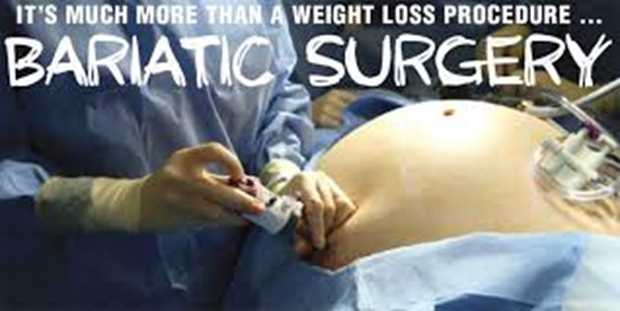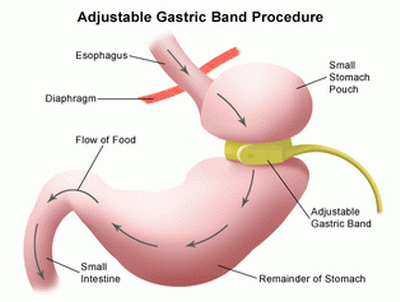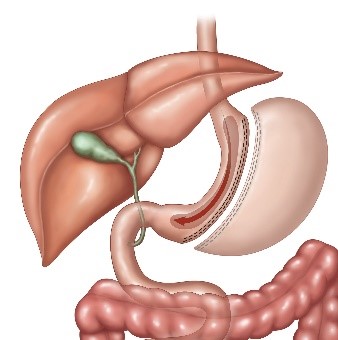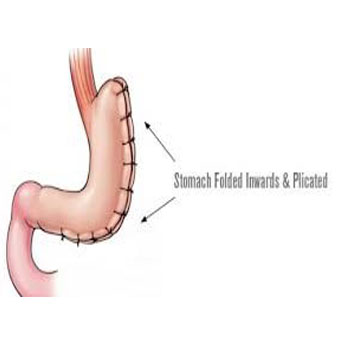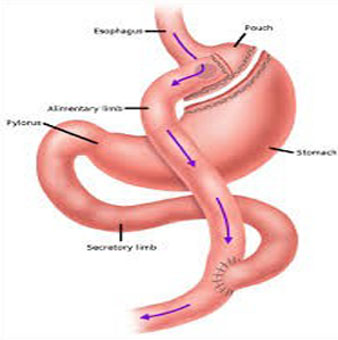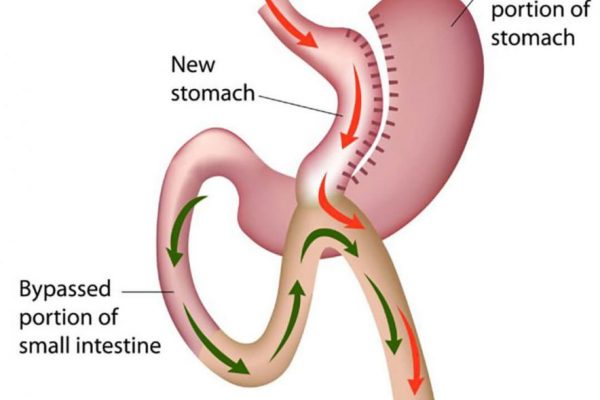How to choose the type of bariatric surgery
The choice of bariatric surgery depends on several factors, including:
- Medical history: Your doctor will consider your overall health, including any medical conditions, prior surgeries, and current medications, to determine if you are a good candidate for bariatric surgery.
- Body Mass Index (BMI): Your BMI will be calculated to determine the severity of your obesity and whether you are eligible for bariatric surgery.
- Weight loss goals: Your doctor will work with you to determine your weight loss goals and whether a particular procedure will help you reach them.
- Personal preferences: Your doctor will discuss the different types of bariatric surgery with you and help you determine which procedure is the best fit for your lifestyle, eating habits, and personal preferences.
- Availability of resources: Your doctor will consider the availability of the different types of bariatric surgery and the expertise of the surgical team in performing the procedure you have chosen.
It’s important to discuss all of your options with your doctor and have a thorough understanding of the potential risks and benefits of each procedure before making a decision.


